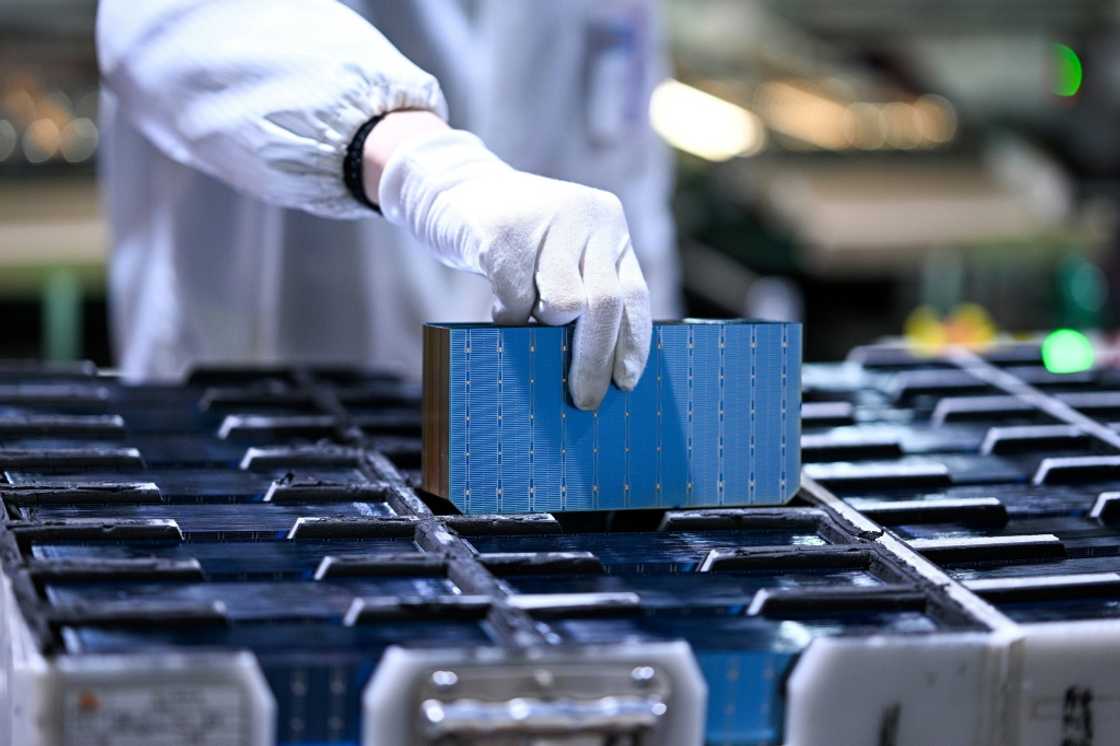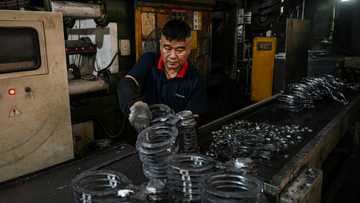US to impose new duties on solar imports from Southeast Asia

Source: AFP
The United States on Monday announced its intention to impose tariffs of up to 3,521 percent on solar panels from Southeast Asia, a move aimed at countering alleged Chinese subsidies and dumping in the sector.
The tariffs on companies from Cambodia, Thailand, Malaysia and Vietnam will still need to be ratified at a meeting of the International Trade Commission in June.
The decision unveiled Monday comes after anti-dumping and countervailing duty investigations filed around a year ago by several US and other solar manufacturers.
Those companies took aim at "unfair practices" that were said to have weighed on the US domestic solar market, particularly raising concern over Chinese-headquartered companies operating out of the Southeast Asian countries.
While Monday's move came after a year-long investigation, it follows on the heels of US President Donald Trump launching blistering trade wars through tariffs around the globe.
Trump's tariffs, which have seen the White House impose eyewateringly high levies before suspending some of them to allow for negotiations, are aimed at reducing US trade imbalances.
The Commerce Department's statement said the new recommended tariffs on solar cells, however, were taking specific aim at "transnational subsidies."
"In the CVD investigations involving Cambodia, Malaysia, Thailand, and Vietnam, Commerce found that companies in each country were receiving subsidies from the Government of China," the statement said, referring to countervailing duty probes.
"These are among the first CVD investigations wherein Commerce has made an affirmative finding that companies received transnational subsidies."
The case was brought by Hanwha Qcells, First Solar, Convalt Energy and others.
For the duties to be finalized, the International Trade Commission has until early June to make a final determination.
Among firms targeted were Chinese companies Jinko Solar and Trina Solar.
Products from Cambodia are set to face duties of up to 3,521 percent, according to the Commerce Department.
Jinko Solar faced duties of 40 percent for exports from Malaysia and around 245 percent for goods from Vietnam.
Trina Solar in Thailand will see duties of more than 375 percent, and more than 200 percent for products from Vietnam.
If imposed, the new levies will come on top of the blanket 10 percent levy imposed by Trump since early April on products entering the United States from most trading partners.
In 2023, the United States imported $11.9 billion in solar cells from the countries named in the latest action, according to official data.
PAY ATTENTION: Сheck out news that is picked exactly for YOU ➡️ find the “Recommended for you” block on the home page and enjoy!
Source: AFP




